Resources
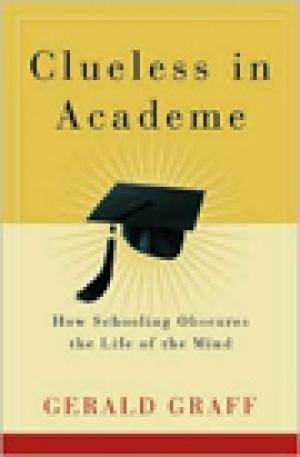
Our schools and colleges often make the intellectual life seem more impenetrable, narrowly specialized, and inaccessible than it is or needs to be, argues the eminent scholar and educator Gerald Graff, whose provocative book offers a wealth of practical suggestions for making the culture of ideas and arguments more readily understandable. (From the Publisher)
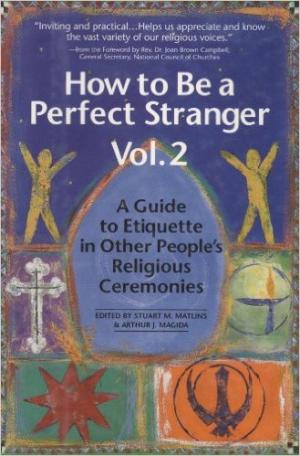
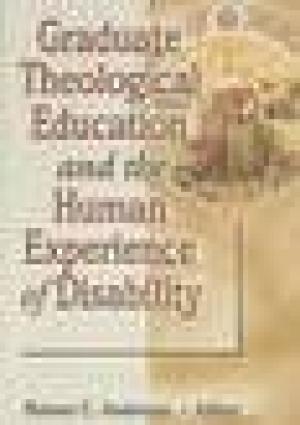
Graduate Theological Education and the Human Experience of Disability examines graduate schools of theology and their limited familiarity with the study of disability -- and the presence of people with disabilities in particular -- on their campuses. Dubbed a "missing note" by one theologian, this text offers critical research and illuminates new pathways for theologia and practice in the community of faith. Reviews of previous literature, theology, and practices illuminate how people with disabilities have historically been marginalized by the religious community. Theologians, people with disabilities and researchers offer suggestions for incorporating disability studies into theological education and religious life. (From the Publisher)
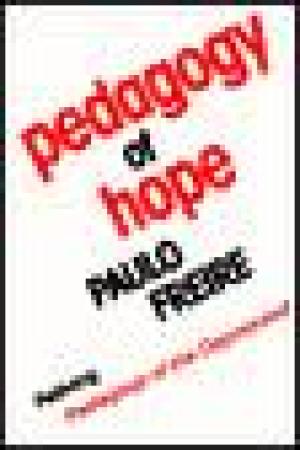
With Pedagogy of Hope, Freire explores his best-known analytical themes - with even deeper understanding and a greater wisdom. Certainly, all of these themes have to be analyzed as elements of a body of critical, liberationist pedagogy. In the present book, we come to understand the author's pedagogical thinking even better, through the critical seriousness, humanistic objectivity, and engaged subjectivity which, in all of Freire's books, are always wedded to a unique creative innovativeness. (From the Publisher)
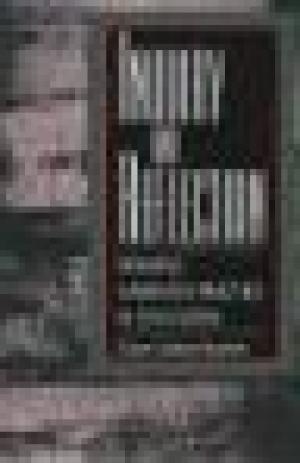
Inquiry and Reflection shows how stories of schooling can elucidate difficult, and unexamined problems facing teachers. While professional texts tend to raise issues of power and its distribution and questions of culture and ideology, often the manner of presentation is abstract, and pre-service teachers have difficulty making connections. Yet literary, film, and video materials illuminate problems and suggest ideas to which teachers can actively respond. This book offers teacher educators a variety of resources for articulating a critical pedagogy and suggests an alternative to the technical, job training approach to teacher education by providing a unique educational curricula that illuminates issues of power, ideology, and culture. (From the Publisher)
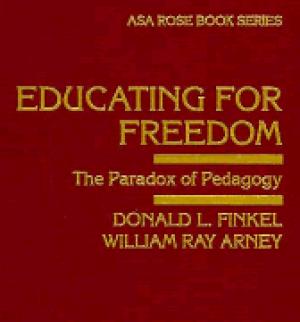
The very notion of teaching freedom suggests a paradox. Ever since Rousseau, the project of liberal education has been situated in the matrix of the teacher-student relationship. Some theorists have even seen this relationship as erotic. Part one of this book explores the educational philosophies of Rousseau, Freud, Paolo Freire, Ivan Illich, and Michel Foucault. All these thinkers wrestle with the paradox, How can such a mutually dependent relationship foster independence? The primary vehicle necessary to a liberating education, the personal relationship, is also the fundamental obstacle to the achievement of genuine liberation. After reaching this conclusion, the authors turn away from the student-teacher relationship and the paradox of pedagogy to examine another type of teaching and learning--where two teachers who differ in fundamental ways engage in collegial teaching with students they have in common. Collegial teaching is described in its particularity, based on the authors' experiences at an unusual liberal arts college, The Evergreen State College. They find that the changed dynamics of equality and the altered structure of authority created by collegial teaching is rewarding for both teachers and students, and may be a way out of the paradox of pedagogy to intellectual freedom. (From the Publisher)
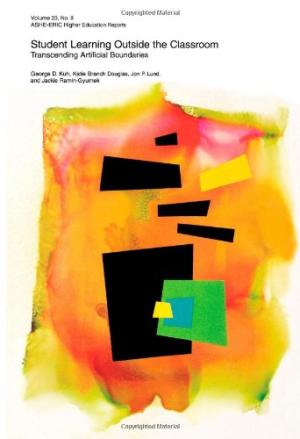
Explores the issue of institutional productivity and student learning outside the classroom. Reviews the conditions that can foster a climate where out-of-classroom experiences can contribute to greater educational productivity. (From the Publisher)
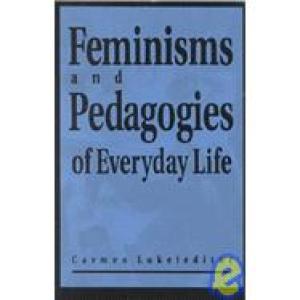
From the Publishers Despite the intimidating reference to pedagogy in the title, the anthology is true to the encompassing notion of feminism as a foundation from which theories and disciplines can emanate in order to voice a variety of experience. The American, British, and Australian scholars provide compelling essays on identity, friendship, motherhood, hunger, the media, parenting, childcare, shame, and the silencing influences of legal systems and the academy. Unusual for this type of collection is a lone wolf contribution about learning to be a man--the "other half" viewpoint by which feminism marks its progress.
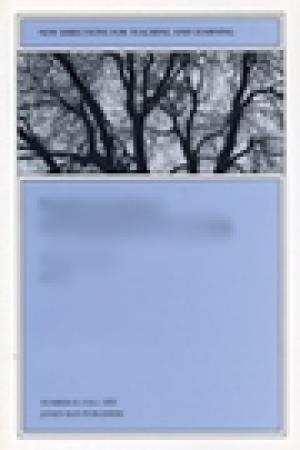
Are the new elitism and conservatism that are creeping into academia degrading undergraduate education? This volume seeks not to resolve the issues surrounding academia today but rather to mark the contested points in the debates on whether to incorporate cultural diversity in the curriculum, whether to compete for the research dollar, and how to evaluate faculty humanely in a changing atmosphere. As Eble urged, in the 1990s it is imperative that we find ways to foster good teaching and learning in an academy that must change to meet the needs of students from different demographic backgrounds and with different levels of preparedness, and academy that is facing continuing political and budgetary pressures. (From the Publisher)
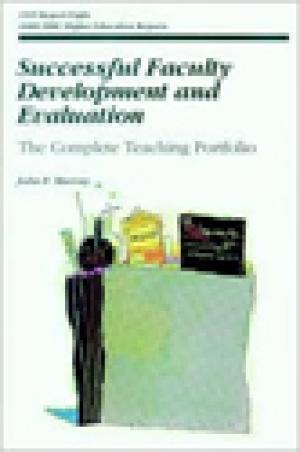
This report relates to the concept of teaching portfolios. It discusses the importance of accounting for institutional culture when introducing the concept of teaching portfolios. Includes information on how the department chair can help to improve teaching. (From the Publisher)